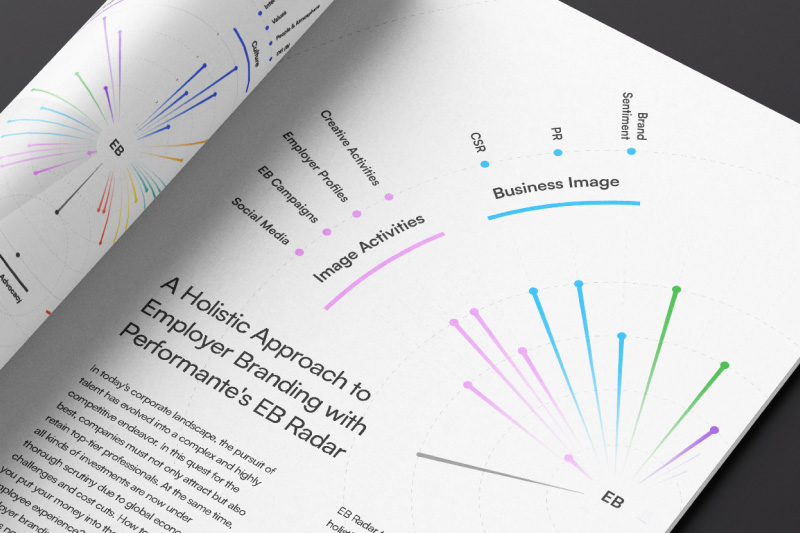“My internet connection doesn’t work.”
“I want to make a formal complaint.”
“There is a small mistake in my contract.”
Being in any situation that requires me to rely on employees of another company, there are some key questions that come to mind which truly bother me:
Why do employers require so much from their trusted (always professional and perfectly matched) sales, HR or marketing staff, but forget their “business card” — the customer service employees? The person who will in the best (and sometimes the worst) way reflect the level of their business and work environment?
What is more, why have so few employers noted that apart from the B2C/B2B sales staff they also need talented customer executives (B2C)?
More and more companies dedicate a considerable budget to employer branding activities, which is obviously a great development. But what if as a potential candidate, while being in contact with the customer service department, I hear that this worker is unsatisfied or is simply unprofessional? Employee behaviour is based on the company’s corporate culture, so should I apply to this company in the future or not?
Advertisements, promotions and campaigns will obviously help. Mass media can reach millions of recipients, but if clients, after having contact with you (yes, with you) are disgusted, will the engagement of celebrities in commercials actually help?
Clients will not trust a company, which treats them bad. Brand activities have to combine professional action with a professional approach to the employees. Employees, in order to create a professional workplace that gives development opportunities, have to combine it with a professional approach to the client.
Even in today’s digital era (believe me, I’m a digital native) there is still a human, who has an impact on his company’s image.
As a trainer of soft skills on behalf of my university, I had the pleasure to meet a large amount of young people. On this occasion, it turned out that many students after high school are interested in such fields as psychology, sociology or pedagogy.
Why? Because they enjoy working with people.
After a few of my professional experiences in the Polish market and abroad, contemplating which studies to embark on next, I wondered “why they chose psychology, not business studies?” Probably because success in business is often associated with a range of skills and personality. Psychological education can always be useful. I do not have to be a clinical psychologist after studying this faculty.
But what is the psychology, business, marketing or HR without people, simply speaking — customers? This question brings me to another one: why have I never heard anyone dreaming of working in customer service?
What if you are well-organized, open, helpful? You have a highly-developed emotional intelligence, you can deal with stress, you have a lot of energy?
Do you like working with people? That’s the fit.
Dear Employer, do you want to be one step ahead? Then take care of your customer service department by offering trainings, clear career paths, development benefits. Require, teach, reward and motivate. In the end, so many young employees want to “work with people”.
Why not spice up such an important strategic position by making it more attractive for today’s youth?!





